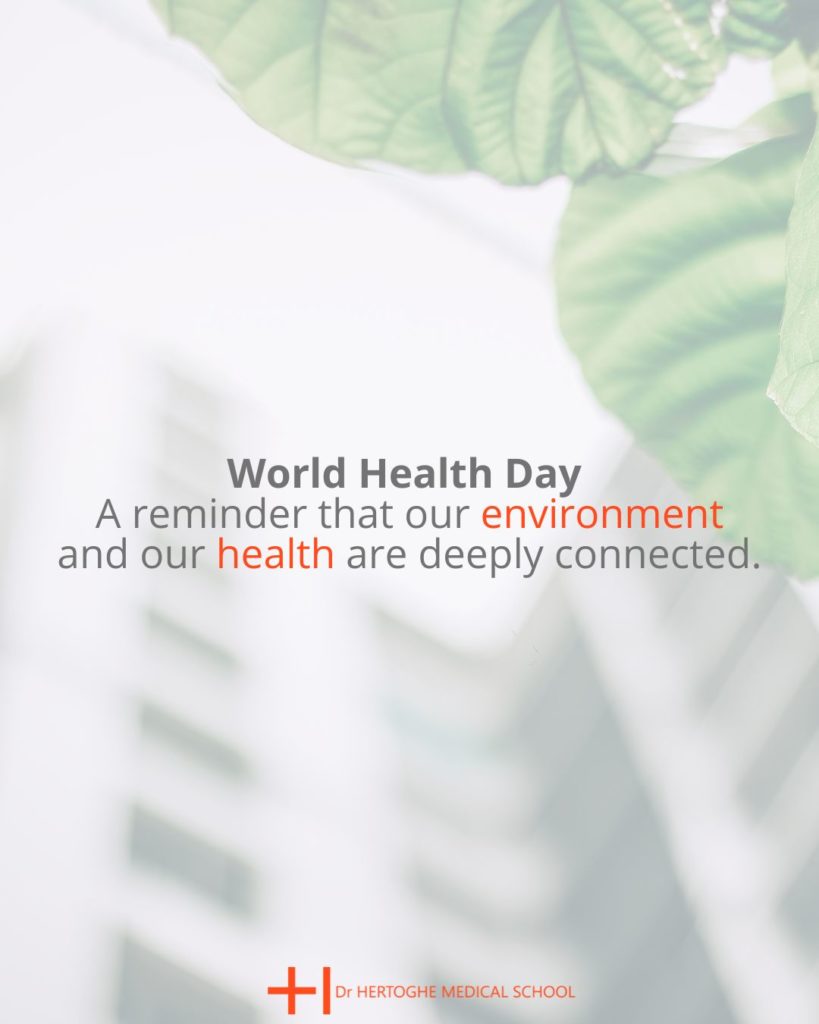World Health Day: A reminder that our environment and our health are deeply connected.

At the American College of Cardiology’s Annual Scientific Session (ACC.25), researchers presented encouraging progress in understanding how our environment affects our health. One key insight: microplastics—tiny plastic fragments found in water, air, and food—may be linked to chronic conditions like high blood pressure, diabetes, and stroke. Using machine learning to analyze health and environmental data across U.S. regions, scientists discovered that microplastics ranked among the top 10 predictors of noncommunicable disease prevalence—alongside known factors like income and air quality. The study found that higher microplastics concentrations were positively correlated with high blood pressure, diabetes, and stroke, while no consistent link was seen with cancer.
A dose-response relationship was observed—greater microplastic pollution aligned with a higher prevalence of disease. However, researchers emphasized that association does not equal causation; further studies are needed to determine whether microplastics directly cause these conditions or are linked to other contributing factors. Additional research is also required to clarify how much exposure and for how long it may take for health effects to occur. While more research is needed to confirm a direct cause, this growing body of evidence empowers us to act: reduce plastic use, support better waste management, and protect our ecosystems—and our health.
A clean environment is one of the best long-term investments in well-being. On this day, let’s keep moving toward a healthier, smarter, and more sustainable world!

